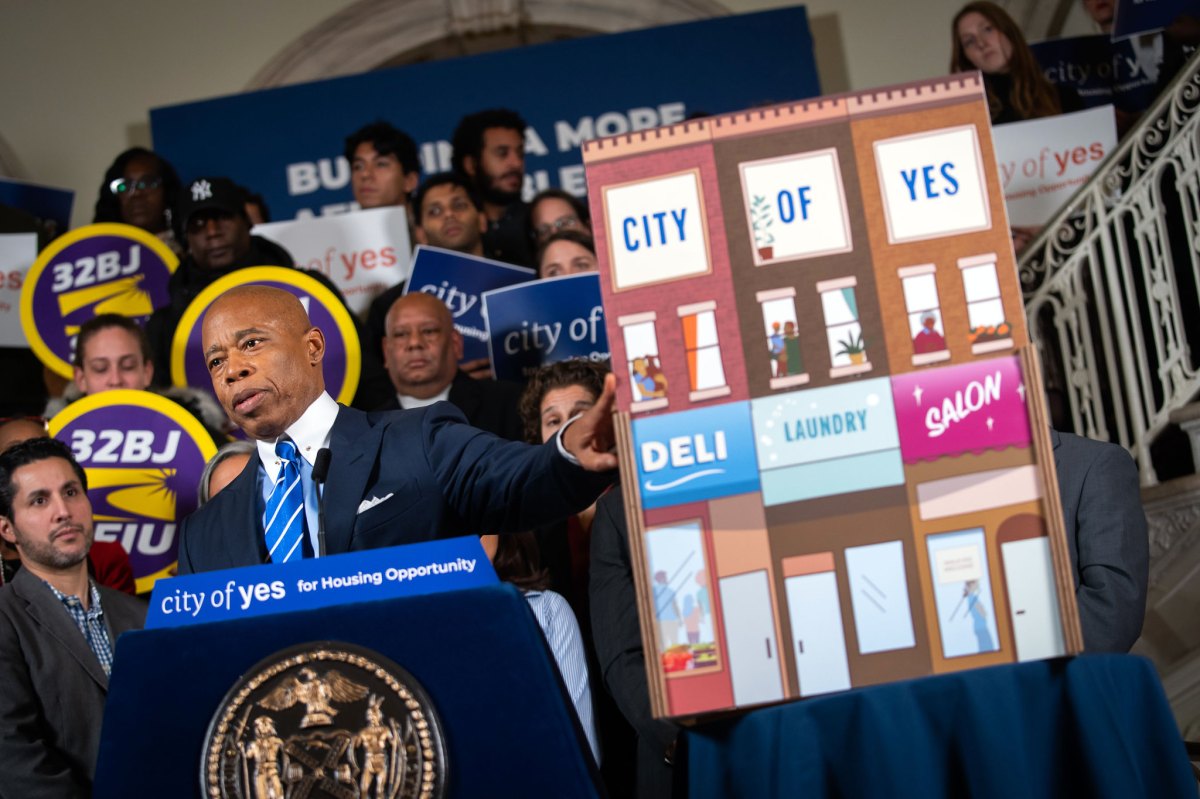I just sold an apartment that I purchased from the sponsor in 1984, and the co-op board recently enacted a transfer tax. Am I required to pay this?
AYour building may well be within its rights to demand a transfer tax, but only if they’ve gone about enacting the policy in the proper way, say our experts.
Since your co-op didn’t have a policy about its transfer tax — also commonly known as a flip tax — in the original proprietary lease, you and your fellow shareholders would have to have voted on it for the policy to be enforceable, says Jeffrey Reich, an attorney with Schwartz, Sladkus, Reich, Greenberg Atlas LLP.
“[Addition of a transfer tax] is usually done by an amendment to the form of proprietary lease, voted on by the co-op shareholders and not voted on solely by the board,” he explains.
If your building’s transfer tax policy is indeed legit, says Reich, the only way you’d be exempt is if you had status as a “holder of unsold shares” (Cooperator hast a good explainer on the concept here), a special designation that means, among other things, that the shareholder doesn’t have to pay building transfer taxes.
Holders of unsold shares are typically sponsors or investors, and if you or a family member ever actually lived in the apartment, you’re automatically disqualified from this status, even if you had it to begin with.
As for how much you might pay, it depends on your building.
“Most transfer fees range from one to 3% of the gross sales price, but some are based on a set dollar amount per share,” says Reich.
That can add up, yes, but given how much prices have appreciated since you bought back in 1984, your best course of action is likely to pay the fee, enjoy your still-significant windfall, and move on.
Virginia K. Smith is the senior editor at BrickUnderground.com, the online survival guide to finding a NYC apartment and living happily ever after. To see more expert answers or to ask a real estate question, click here.



































